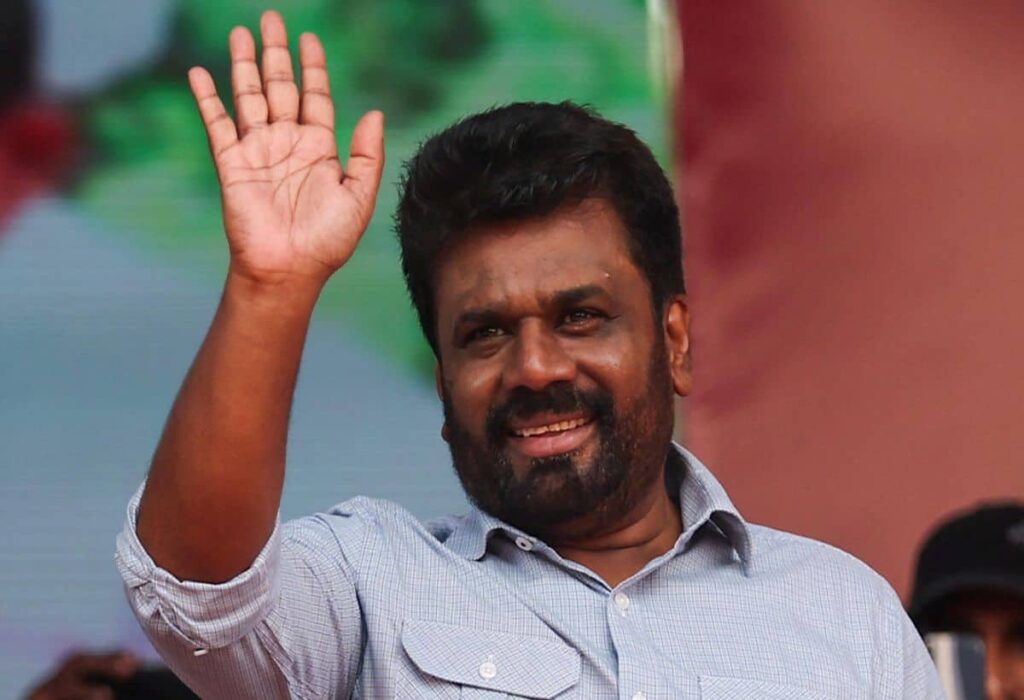**Sri Lanka Election Results 2024: Anura Kumara Dissanayake Emerges as New President in Historic Run-Off Election**
In a significant political shift, leftist leader Anura Kumara Dissanayake has been declared Sri Lanka’s new president following a historic run-off election held in 2024. Dissanayake, the head of the National People’s Power (NPP) party, triumphed against his closest rival, Sajith Premadasa of the Samagi Jana Balawegaya party, amidst a backdrop of economic turmoil and public dissatisfaction with the existing political structure.
Dissanayake’s victory marks a pivotal moment in Sri Lankan politics as he aligns himself with the aspirations of a populace eager for transformative governance. His campaign focused on tackling pressing issues such as inflation, unemployment, and corruption, resonating deeply with citizens seeking genuine change.
The first round of voting had already set a dramatic stage, as incumbent President Ranil Wickremesinghe was eliminated, highlighting a significant shift in public sentiment against the traditional ruling parties. Wickremesinghe’s administration faced intense criticism for its handling of the country’s severe economic crisis, which included shortages of essential goods, skyrocketing prices, and widespread protests.
Dissanayake’s platform emphasizes social justice and equitable growth, proposing a series of reforms aimed at revitalizing the country’s economy. He has vowed to engage with various stakeholders, including youth, labor unions, and civil societies, to create an inclusive governance model. Additionally, his administration is expected to prioritize sustainable development and address climate change, issues that have been increasingly recognized as paramount in island nations like Sri Lanka.
The run-off election also reflected changing voter demographics, with younger voters turning out in larger numbers to support candidates who promised to break away from established political norms. Analysts believe that Dissanayake’s win could inspire a new wave of leftist movements in Sri Lanka, as the electorate seeks alternatives to the traditional political elite.
As the country turns a new page in its political history, the global community is watching closely. Dissanayake’s governance will not only influence domestic policies but could also reshape Sri Lanka’s international relations and economic partnerships, especially as the nation seeks foreign investment and aid to recover from its current economic strife.
In conclusion, Anura Kumara Dissanayake’s unexpected ascension to the presidency is a testament to the power of change in Sri Lanka’s political landscape. His leadership promises a renewed focus on the needs of the people and a break from the status quo, setting the stage for a potentially transformative era in the nation’s history. As he prepares to take office, the challenges ahead will test his resolve and vision for a better Sri Lanka.
